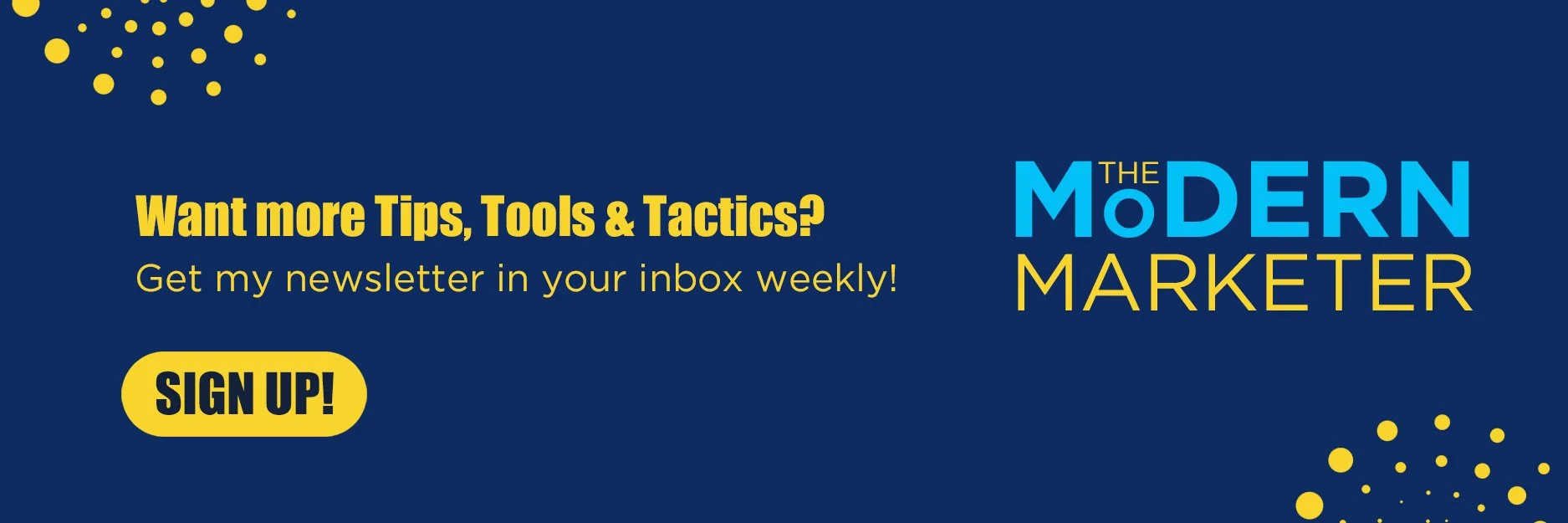The Death of Traditional SEO? Why Brand Visibility Is the New Search Strategy
For years, Google’s mission was simple and elegant:
Ask a question. Get an answer.
No more scrolling through dozens of links. Just pure, instant knowledge.
It was the Star Trek computer brought to life.
Today, that vision is a reality. You can ask your phone practically anything and get an answer within seconds—summarized, cited, and spoken back to you. No clicks required. No websites needed.
Impressive? Absolutely.
But here’s the part no one warned you about:
Your Business Is Disappearing from Search
That futuristic convenience comes at a cost—especially for brands that depend on search visibility.
Remember when Gartner predicted that search traffic would drop by 25% by 2026 due to advancements in AI and zero-click search? At the time, many SEO professionals scoffed. They dismissed it as an overblown forecast.
But they’re not scoffing anymore.
Some websites have already seen traffic drop by 25% or more—and it’s happening faster than expected.
Search behavior is changing. Search engines are evolving. And the traditional rules of SEO no longer apply.
The Brutal Truth: Why Your SEO Strategy Is Obsolete
If your digital marketing playbook still focuses on optimizing individual pages for specific keywords, you're already behind. The internet has changed, and your strategy must evolve with it.
Here’s what’s really happening:
1. Page Rankings Are Dead
Page-by-page optimization was once the bread and butter of SEO. But today, Google and other platforms prioritize authority and expertise over isolated keyword tricks.
If your competitors are building recognizable, trusted brands—and you’re still chasing SERP positions—they’re going to win. Every time.
Search engines aren’t just ranking content.
They’re ranking entities—people, companies, and brands that consistently show expertise, trustworthiness, and relevance.
2. The Content Flood Is Drowning Quality Signals
Generative AI tools like ChatGPT, Claude, and others have made it possible for anyone to pump out content at scale.
The result? A tsunami of low-quality, machine-generated content that clogs up search results.
Search algorithms are now working overtime to distinguish real human expertise from digital noise. The old signals—word count, keyword placement, meta descriptions—aren’t enough anymore.
Today, who is saying something matters more than what they’re saying.
3. Brand Mentions Are the New Backlinks
For years, backlinks were the holy grail of SEO. The more high-authority sites linking to your page, the better your rankings.
But now, brand mentions—especially across platforms—are just as critical.
Search engines and large language models (LLMs) use mentions, citations, and context to assess brand authority. If your name is consistently showing up in industry conversations, forums, podcasts, articles, and social media, you’re building trust with algorithms and your audience.
Search Is Transforming Faster Than Anyone Predicted
The pace of this transformation has caught many businesses off guard. The shift away from keyword-centric SEO to entity-based authority isn’t theoretical—it’s already here.
And the biggest losers?
The brands still clinging to outdated SEO checklists while their competition is amplifying visibility across multiple channels.
The Smart Pivot: From Page Optimization to Brand Amplification
So, what’s the opportunity in all this?
Forward-thinking brands are making a critical shift.
They’re moving beyond ranking blog posts and landing pages. They’re amplifying their presence across the entire digital ecosystem.
This means:
Being featured in articles and newsletters your customers trust
Showing up in YouTube searches and podcast transcripts
Building relationships with influencers and thought leaders
Earning mentions across Reddit, Quora, and other knowledge hubs
Owning branded search with consistent, helpful content across social platforms
In short: they’re building brands, not just websites.
We’ve seen this shift play out with our own clients.
The ones who invest in multi-platform visibility—not just SEO—are thriving. They’re not waiting for clicks from Google. They’re meeting customers wherever they’re searching for answers.
Final Thoughts: Adapt or Disappear
If your current digital strategy still revolves around optimizing individual web pages, it’s time for a wake-up call.
Search has changed.
Consumer behavior has changed.
And the brands that embrace visibility over vanity rankings will lead the next era of digital growth.
So ask yourself:
Are you still optimizing for search engines…
Or are you building a brand that people (and algorithms) trust?
The future of search belongs to the visible.
Make sure your business isn’t invisible when it arrives.


